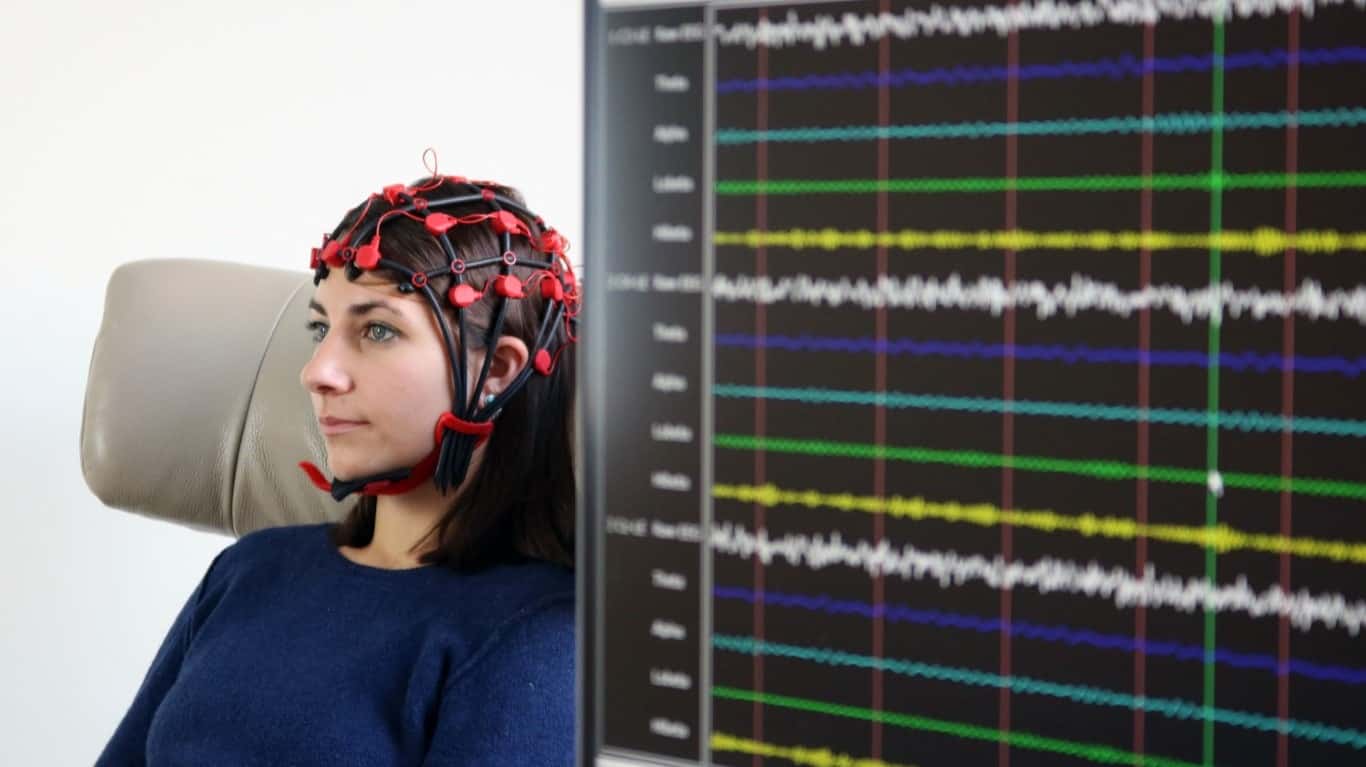What Are Neuropsychological Assessments?
The brain performs many different functions daily for optimal levels of functioning. Neuro-psychological tests are conducted to see if all these systems are working optimally.
Many neuropsychological assessments are done to determine whether the individual is viable for academia, adaptive functioning, and other domains. They can also provide benefits outside of their clinical implementation for the diagnosis and treatment of mental disorders.
Neuropsychological assessments are used in other areas where they may apply. A typical neuropsychological assessment analyses reading, problem-solving, abstract thinking, personality, perceptual speed and accuracy, language usage, attention, learning, and more.
These abilities help find any abnormalities in an individual’s cognition and function. Sports can utilize it to assess recovery time, damage depth, etc. Most commonly, athletes, who are participating in contact sports, use them.
Due to the nature of contact sports, many athletes suffer from head injuries which can lead to neural deficits through blunt force trauma delivered via a concussion.
Implementation of Neurofeedback for Athletes
Athletes require pristine physical and mental health. This requires them to take precautionary health care methods to better understand where their performance is lacking.
Neuro-feedback is an advanced form of electroencephalogram that was previously used for imaging the brain. It is an effective method for developing and further improving the brain’s cognitive and behavioral abilities.
The method of neurofeedback for athletes uses the same method as for the treatment of clinical issues. It helps athletes identify their weaknesses and remove the barriers that hinder their performance.
The sessions for neurofeedback help increase alertness and focus and can cause adaptations. Neurofeedback for athletes can serve as a tremendous non-invasive tool in their recovery and assessments.
Neurofeedback as a Concussion Recovery Program
Athletes suffer injuries in their careers, and these injuries can be of various intensities. Depending on the nature of the injury, an athlete can lose some form of function and require time for recovery.
Neurofeedback is beneficial in determining the extent to which an injury has affected the athlete. In athletes participating in contact sports, concussions are the most common injury they get. They can cause mild to intense deficits if not dealt it promptly.
Sometimes, concussions can cause deficits in cognition, alertness, and motor coordination.
Concussion Recovery Programs are helpful for an athlete’s recovery from an injury. The main goal is to bring the athlete back to their optimal functioning before they sustain an injury.
Various types of concussion recovery programs use neurofeedback and neuropsychological assessments. They help assess the damage caused by the injury, and they also help in developing recovery plans.
The recovery plans are created using data from both neurofeedback and neuropsychological assessments. The athletes utilize neurofeedback sessions to improve motor coordination and cognition under the recovery plan.
Sources:
- https://my.clevelandclinic.org/health/diagnostics/4893-neuropsychological-testing-and-assessment#:~:text=A%20neuropsychological%20evaluation%20is%20a,mood%20and%20personality%20and%20more.
- https://georgetownpsychology.com/2019/06/peak-performance-neurofeedback-for-athletes/#:~:text=Through%20neurofeedback%20training%2C%20the%20brain,%2C%20decreased%20rumination%2C%20and%20more.
- https://www.hss.edu/neurology-concussion-program.asp


Leave a Comment